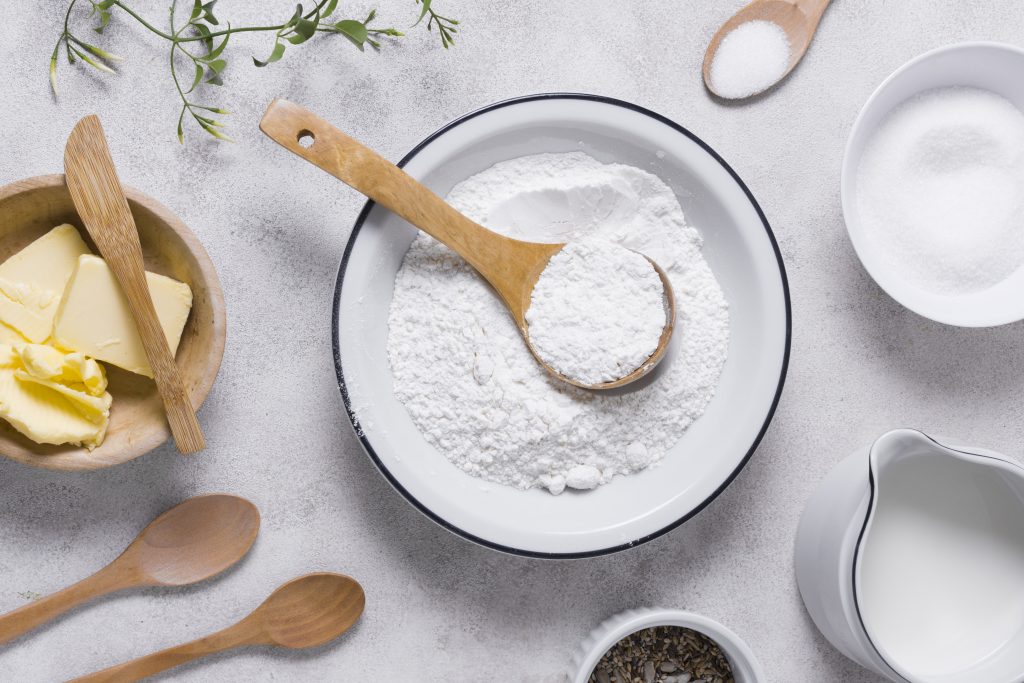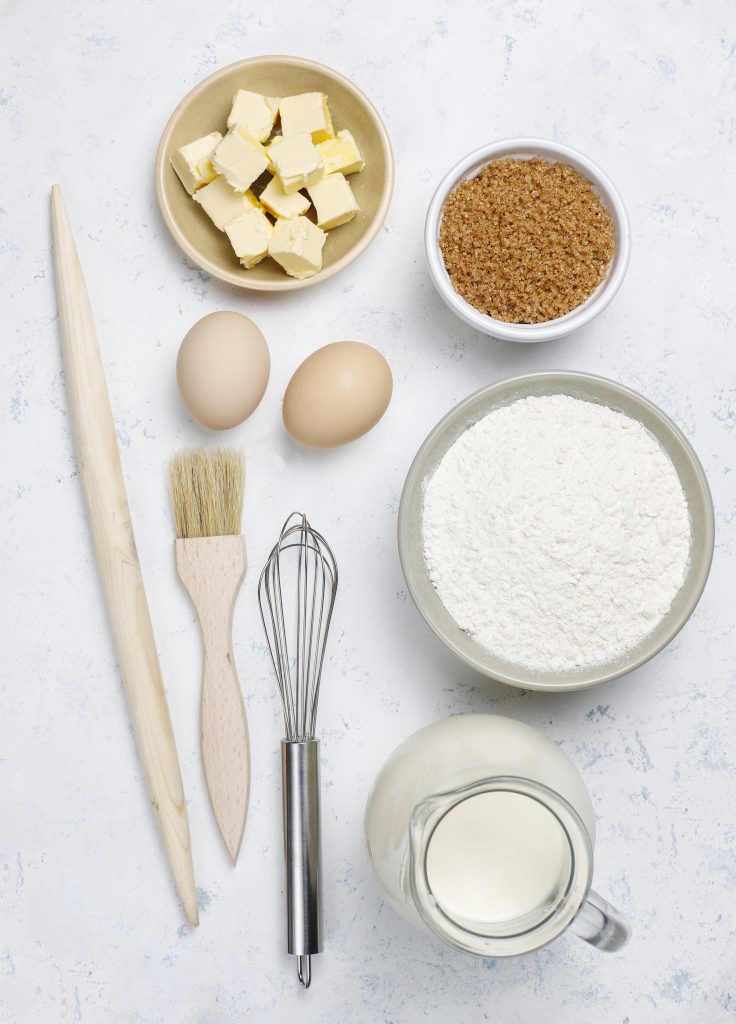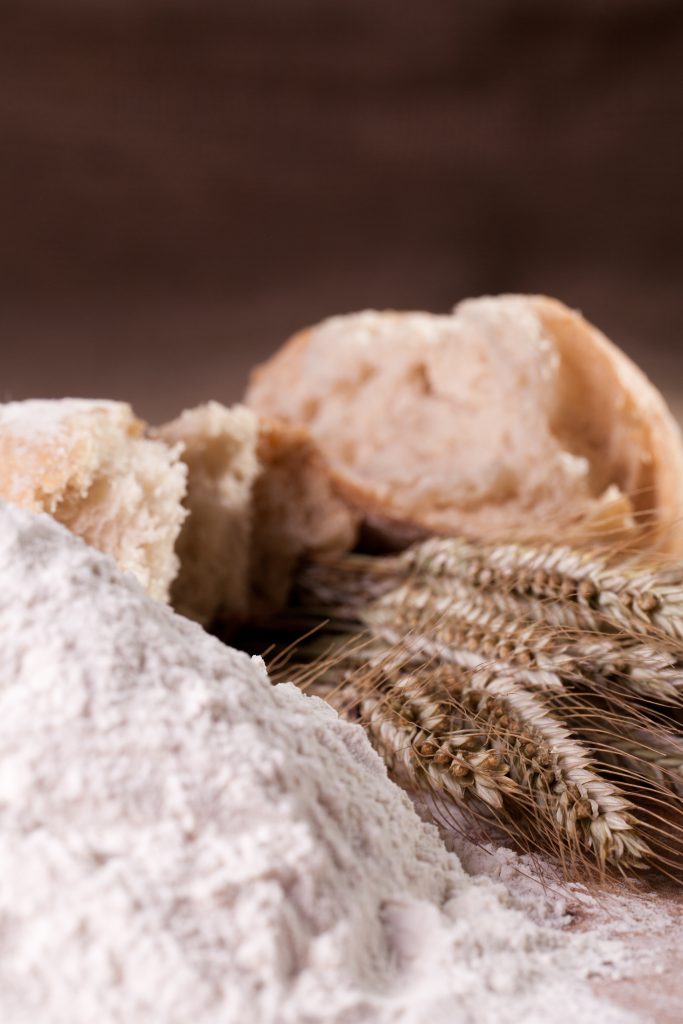Baking is probably where you’ve got to be pretty careful – if you don’t add the right amount of baking powder, your cakes would come out flat; if you add baking powder to your cut-out cookies, they’d come out in a totally unrelated shape. It’s enough to make you go insane, so to speak. Likewise, using the right flour is also a factor that will define the end result of your baked snack.
While you’re in full gear to make the best out of your baking adventure, the various types of baking flour waving at you down in the grocery aisles can be quite confusing.
If you must know, the main difference between each variety of flour is the protein content. If what you buy is made of high-protein wheat varieties, they are identified as “hard wheat,” and those with low-protein varieties are the “soft wheat.”
More protein amounts to more gluten, which indicates more strength. The amount of gluten in the baked good would decide its structure and texture.
Here are some popular varieties of baking flour!
All-Purpose Flour
A blend of soft and hard wheat varieties, all-purpose flour has a moderate protein content, making it a staple in many kitchens. It is quite versatile and can be used to fashion everything from fluffy pancakes and muffins to chewy cookies and pizza dough.

Cake Flour
With an overall low gluten percentage of all flours, 7 Star Cake Flour works best in forming soft baked goods that would simply melt in your mouth. It’s great at absorbing liquid and sugar than all-purpose flour, making it ideal for creating super-moist cakes and muffins.

Wholemeal Flour
Wholemeal flour, also known as whole-wheat flour, is extracted from grinding the whole grain of wheat. Although it has a higher protein content, the germ and bran of the kernel of wheat make the flour unable to form gluten. Therefore, Wholemeal Flour usually leads to a sticky dough that is perfect for dense baked goods such as bread and pasta. Get your hands on some 7 Star Wholemeal Flour that would help you to bake some scrumptious goodies for your loved ones.

Wholemeal Flour

